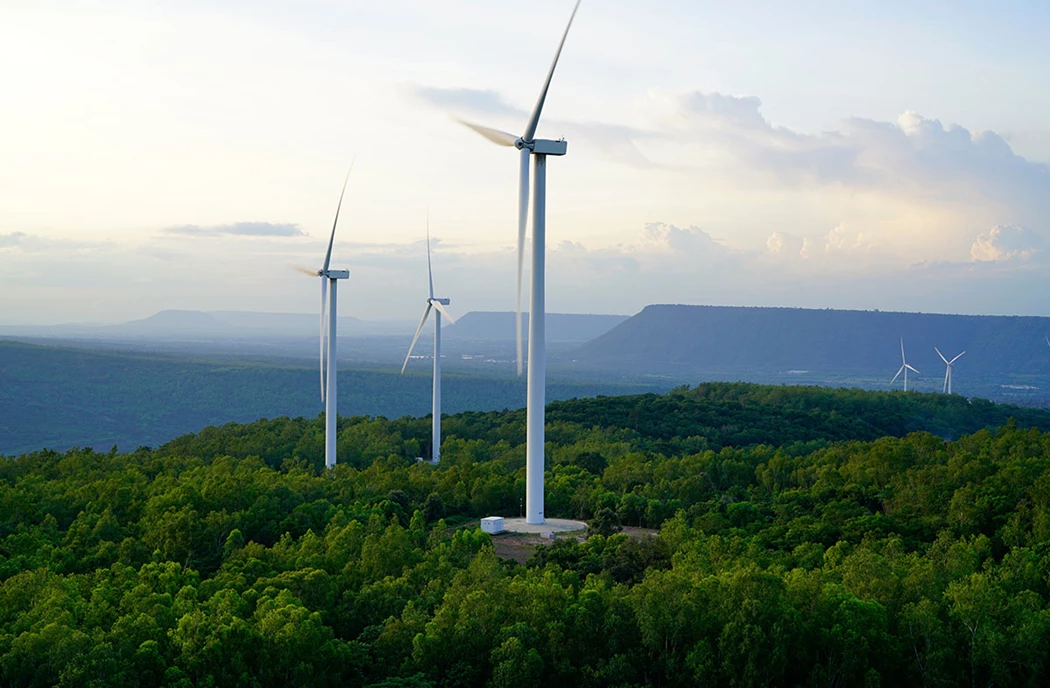BMW Targets 30% Drop in Battery Prices to Take on Tesla
(Bloomberg) -- BMW AG will switch to the next generation of lower-cost batteries for its new electric-vehicle platform from 2025 as carmakers battle rising prices for raw materials.
The world’s biggest luxury-car maker will use round cells instead of prismatic ones for its “Neue Klasse” underpinnings, following Tesla Inc.’s steps, who’s been using a cylindrical shape for some time. The change will deliver a 30% drop in costs, according to people familiar with the plans.
The new round cells will be manufactured by BMW’s existing partners, the people said, declining to be named discussing internal deliberations. The manufacturer currently buys batteries from China’s Contemporary Amperex Technology Co. Ltd. and EVE Energy Co., South Korea’s Samsung SDI Co. and Sweden’s Northvolt AB.
Cells typically make up four-fifths of the price of a battery pack and improving technology and efficiency have typically delivered annual cost reductions. That trajectory has come under strain due to record price rises of key inputs like lithium and nickel, challenging automaker forecasts of soon selling EVs for a similar margin to combustion-engine cars.
While BMW snatched the global luxury sales crown from Mercedes-Benz AG last year, the Munich-based company’s cautious electric-car strategy doesn’t have the same cachet as its German rival. Mercedes’s Vision EQXX, a near-production prototype with batteries destined for compact cars from as early as 2024, drove more than 1,000 kilometers (621 miles) this year from Germany to the French Riviera on a single charge, outdoing Tesla.
Stuttgart-based Mercedes’s automaking margins are also ahead, jumping to a record 16.4% during the first quarter.
Battery Costs
Last year, carmakers paid an average of $118 for each kilowatt hour of a pure electric vehicle battery pack, according to BloombergNEF’s 2021 study on lithium-ion battery prices. BMW’s pack costs are already below this level, the people said.
The energy density of the new BMW cells will be higher than Tesla’s round cells by at least a low double-digit percentage, the people said, without giving further specifics. That might help BMW build electric vehicles with a longer driving range than its American competitor.
More stories like this are available on bloomberg.com
©2022 Bloomberg L.P.





